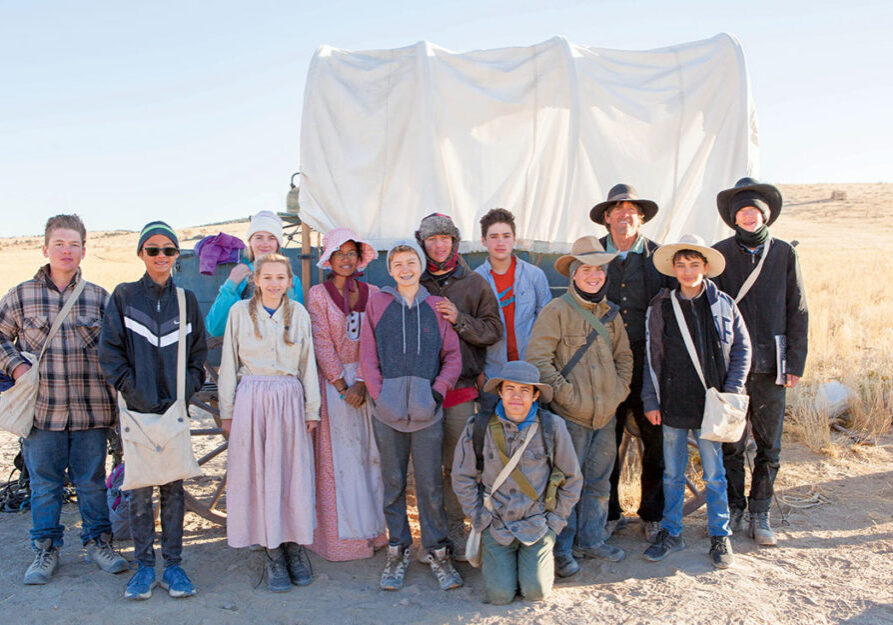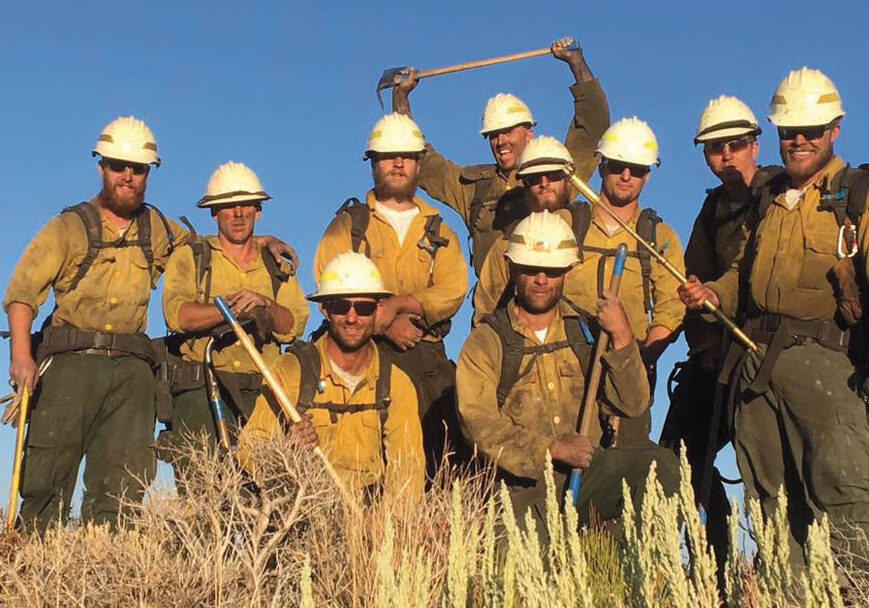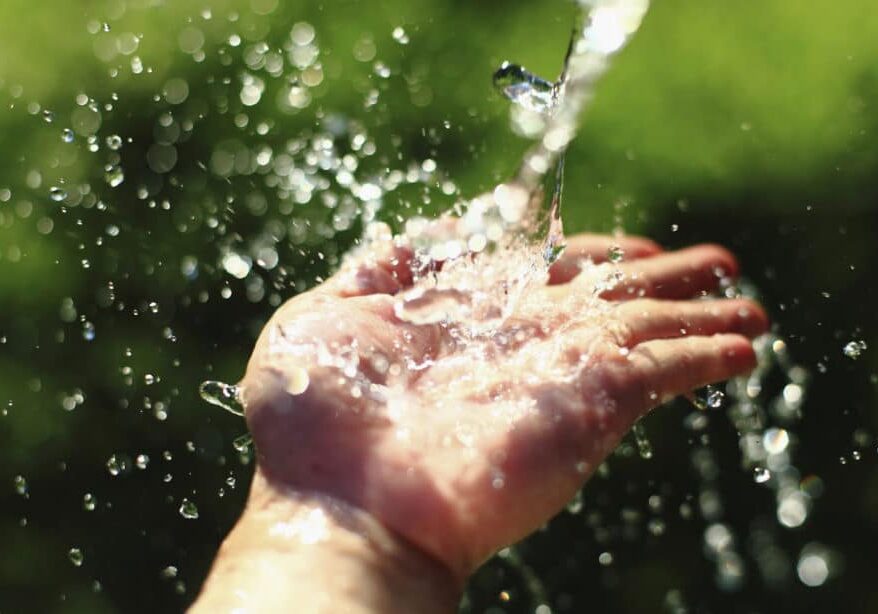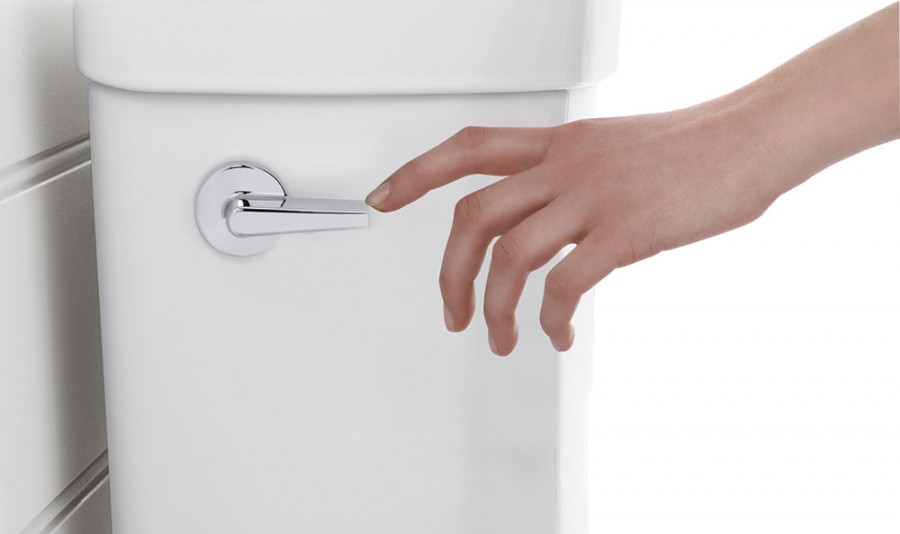Who wants their toilet to overflow? How about your kitchen sink backing up? Yuck! An ounce of prevention is worth a pound of cure. In the case of your sewer line, that “pound of cure” could cost hundreds or even thousands of dollars, depending on the severity of the back-up and repairs. Even if your sewer doesn’t back up, disposal of items that won’t break down is a major problem for your local sewer system staff and infrastructure.
You might be wondering, “Which items are they talking about?” There are products that are marketed as “flushable,” like most disposable wipes and feminine hygiene products. There are kitchen fats, oils and grease. Then there are the “unmentionable” latex products along with a wide array of plastic items that are flushed into sewers. These products don’t break down and can clog sewer pipes.
All that really needs to be done to solve the “think before you flush” problem is to put waste in the correct place. Simple, right?
What are you washing, rinsing, or pouring down the kitchen sink? Excess food solids, especially items that tend to settle to the bottom of pipes like eggshells or coffee grounds, can be a problem. Grease, fats and oils are a problem because they stick to pipes. Grease, fats and oils also blend with other interesting stuff in sewage to create a hardened layer affectionately known as a “fatberg” that starts growing inside sewer pipes. Even that little sticker on your apple should go in the trash!
In the bathroom, things that cause problems might even be labeled as flushable. You might believe that they biodegrade. True biodegradation usually takes time in the form of months or years. Wastewater from your home probably makes it to the local sewage treatment plant within a few hours – that is not enough time for biodegradation. What actually happens is that all that stuff gets caught up in pipes, pumps, screens and filters and has to be scraped, raked, or otherwise removed from the liquid portion of the sewage that is treated at the wastewater treatment plant. Talk about STINKY!
Expired medicines are a different type of problem. Many of the compounds in the medicines do not break down during normal sewage treatment. There are now measurable amounts of ibuprofen and other drugs in many U.S. rivers. This has given rise to the “No Drugs Down The Drain” campaigns to collect waste medicines for proper disposal.
Your friendly local sewer department kindly asks you to make a few simple changes in where you put your used stuff. Used medicine should go to a medical waste disposal collection site. Kitchen fats, oils and greases should be canned or bagged and disposed of in the trash. Wipes, latex items, plastic wrappers and applicators, and used feminine hygiene products, should be wrapped discretely in toilet paper and placed in the trash. Remember, the toilet should not be treated as a trash can.
You may think that everything you have read should be “common sense.” I assure you that sewer departments are spending time finding and removing these types of materials every single day. Please take these words to heart, share what you have learned with others, and “think before you flush.”
Special Disposal
Waste disposal options vary greatly from county to county.
The Cal Recycle website has information on disposal and recycling options statewide at http://www.calrecycle.ca.gov.
For medicine waste disposal information in Shasta County, visit
http://www.rxsafeshasta.com.
Contacting your county Environmental Health department is another good place for residents to get information about disposal options in your local area.
Posted in: Community
Comment Policy: All viewpoints are welcome, but comments should remain relevant. Personal attacks, profanity, and aggressive behavior are not allowed. No spam, advertising, or promoting of products/services. Please, only use your real name and limit the amount of links submitted in your comment.
You Might Also Like...

Life in a Covered Wagon: A Trip to the Past
Taking a Trip to the Past For the past 23 years, David Vixie’s seventh and eighth-grade students at Paradise Adventist Academy in Butte County have taken a trip into the […]

Firestorm Wildland Fire Suppression, Inc.
Helping Local Youth Find a Purpose Jim Wills is undoubtedly a man with a vision. He is the founder of Chico, CA’s Firestorm Wildland Fire Suppression, Inc., a private fire […]

Essential Elements for a Water-Smart Family in a Dry Year
Splashing in the pool or dipping your toes into a flowing creek is excellent for a hot North State summer cool down. As temperatures rise, water usage spikes with sprinklers […]
What About My Water Heater?
It’s one of the luxuries of modern life – turn the tap and hot water flows out, ready for baths, showers, laundry and dishes. It’s not something you likely think […]




